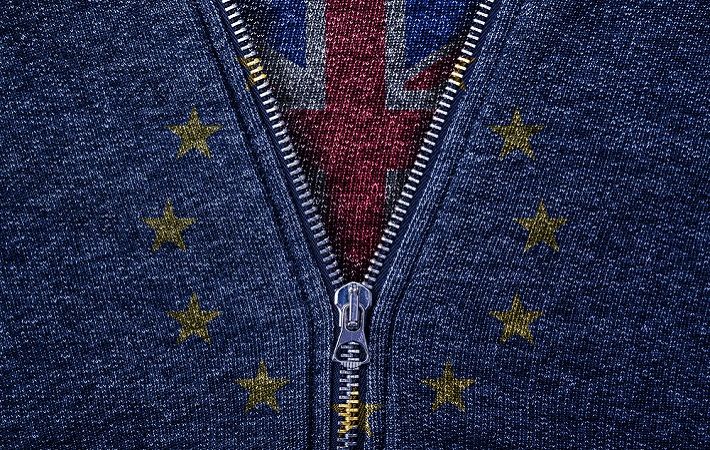
Three quarters (74 per cent) said they had experienced an increase in costs due to new tariffs and almost half (44 per cent) had been affected by unexpected duties when re-exporting goods, according to the survey conducted by the UK Fashion & Textile Association (UKFT).
“We have had lots of VAT costs in our EU supply chain, extra paperwork, product caught at customs for weeks,” said one UK menswear brand, adding that freight costs have increased by a minimum of 30 per cent. Others have reported freight costs increasing by as much as 50 per cent during the first months of 2021.
Over 83 per cent had experienced problems with customs clearance while 55 per cent had cancelled orders from wholesale customers/retailers where Brexit was the only cause. Similarly, 44 per cent had rejected/returned orders from consumers where Brexit costs were the only issue. One UK menswear brand said there was now a 12 per cent tariff payable by EU consumers on the brand’s products bought online.
Over a third (38 per cent) had problems returning goods to the UK from the EU (for example if they were unsold).
The complex nature of Rules of Origin requirements has been particularly problematic, with almost a third of respondents (32 per cent) saying they did not know if their UK-manufactured goods met the Rules of Origin requirements for the UK-EU Trade Continuity Agreement (TCA). Forty-one per cent had been hit by double duties as a result of the implications of free circulation in the TCA.
“As we had already sold for the season, we have had to absorb the cost [increases], which is having a dramatic impact on our business,” said one UK outerwear brand. “The next season we will need to pass this on, but we have already encountered problems with our existing customers. The increase has been approximately 12 per cent.”
However, some respondents pointed to new opportunities the UK’s exit from the EU offers, particularly in light of reshoring and the appeal of UK-produced product domestically, the UKFT survey said.
Fibre2Fashion News Desk (KD)